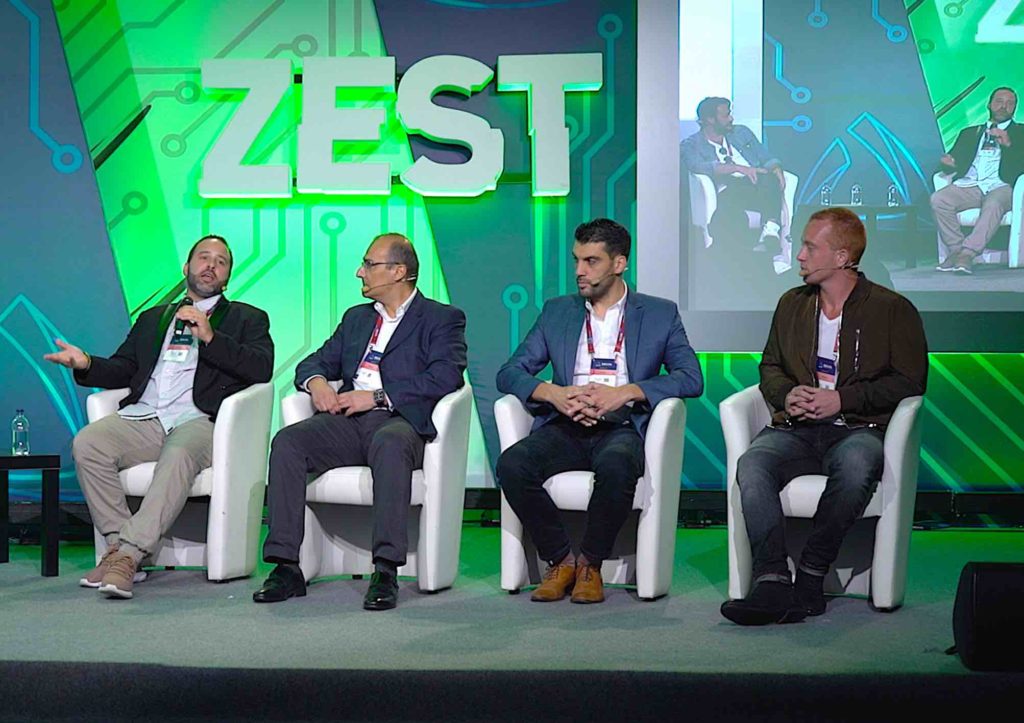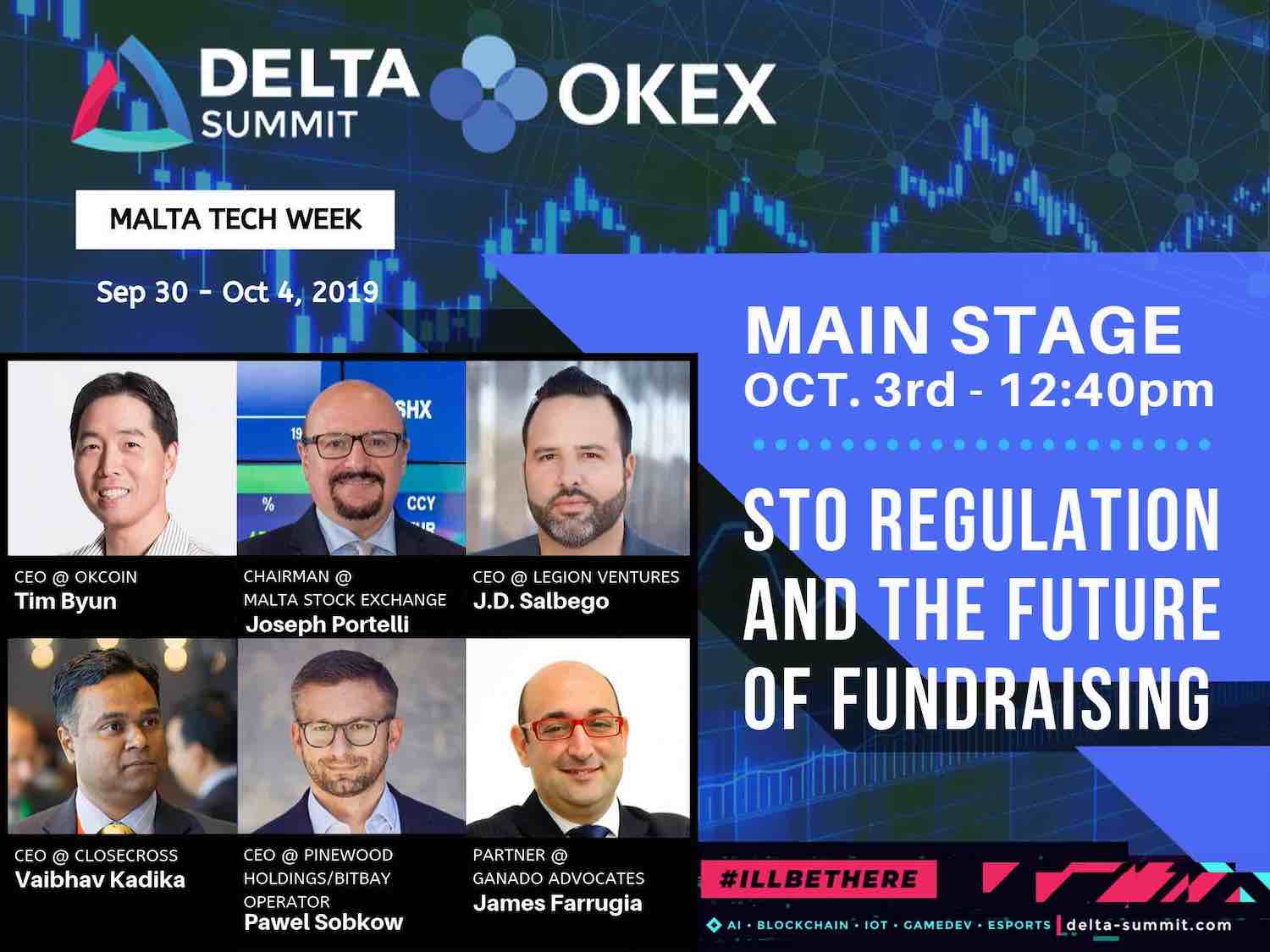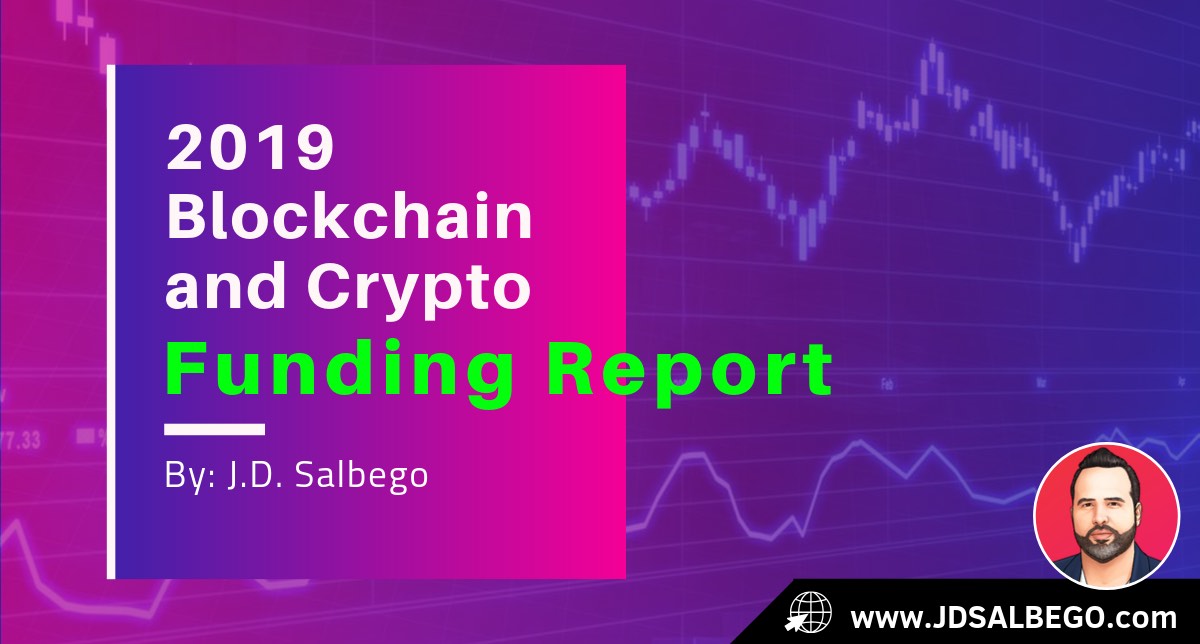Delta Summit, Malta, October 3-5, 2018
I’m honored to speak in Malta at 2018s Delta Summit. Bloomberg is the official media partner, along with Business Insider, Forbes, Cointelegraph, Yahoo Finance, NBC News and many more.

Malta, beyond doubts, is setting many examples for the world to follow. Presently, some call it the “blockchain island” and quite rightly so. The first Delta Summit, in 2018, was more than a vivid instance of this. The government and local Blockchain leaders completely understand what it takes to drive this industry forward – very excited about the partnerships developed and expanding business into Malta.
Had a lot of great discussions on collaborations and market developments with new and old friends like Miko Matsumura, Roger Ver, Changpeng “CZ” Zhao, Dr Abdalla Kablan, Silvio Schembri, Wesley Ellul, Eman Pulis, Imogen Heap, Nikolay Shkilev, Vladimir Nikitin, Morgane Stein, Erik Mendelson, Melanie Mohr, and so many more
Among other things, I spoke at the summit regarding the relationship between startups and corporates, while discussing beneficial investment routes for startups.
Yet, underlying all other technical talks, there was immense praise for the Maltese efforts in enabling a brighter future for the Blockchain community. That too, a future not limited to financial use cases.
The Problems of Unregulated ICO
Before delving into the Maltese endeavors, it’s crucial to understand the existing problems which they intend to eradicate. Namely, the problems of unregulated ICOs, to which investors lost $9 million per day on average, during the first two months of 2018.
And, most importantly, these came at a time by which ICOs had already raised more than $22 billion. So, what was the fundamental cause? An utter lack of regulation. Rather, a complete absence of it. Any entity, whatsoever, could initiate an ICO in those days and this, obviously, led to the scams.
Then came the SEC regulations and the STO. But, let’s not go into those, primarily because Malta is working towards making ICOs safer.
The Maltese Intervention
As reported by Rachel Wolfson, Vitalik spoke to Jason Hsu, the Crypto Congressman, regarding the need for Blockchain regulations, among other things. For him, the ideal situation would be when we’re able to buy cryptocurrencies from convenient stores, using fiat currency.
Malta, as it seems, is well on track to actualizing this seemingly utopian state of affairs. Enthused by their progressive Prime Minister, Joseph Muscat, the Maltese parliament passed three regulatory bills to bring back crypto investors lost to ICO scams.
These laws may be summarized as follows,
- Malta Digital Innovation Authority Act (MDIA Act) – Establishes the MDIA body for the certification of DLT platforms.
- Innovative Technology Arrangement and Services Act (ITAS Act) – Lays down the guidelines for DLT arrangements and certification.
- Virtual Financial Assets Act (VFA Act) – Governs the regulatory ecosystem for various aspects of Blockchain and cryptocurrencies.
A “Technology First” Approach
Malta’s approach to Blockchain is significantly different from its contemporaries. With a focus on the underlying technology, and not on cryptocurrencies, the Maltese authorities are carefully scrutinizing the technology in the white papers submitted for ICO. Thus, they are both eliminating the risks of scams and inspiring technologically sound Blockchain innovations.
Rather than the “short-term” gains from the financial aspects of Blockchain, Malta is focusing on accruing the more permanent benefits of Blockchain. The summits, both previous and upcoming, are, in themselves, substantial evidence of the Maltese promise. The promise of better governance, for a better world.






